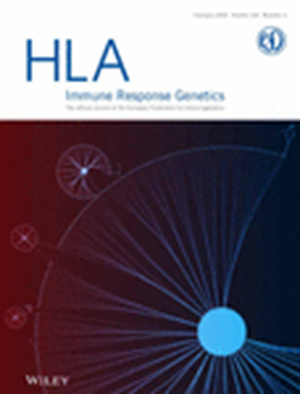A Cautionary Tale: ABO Genotyping in Kidney Transplantation of ABO A2 Kidneys Into B or O Recipients
Abstract
The US 2014 kidney allocation system (KAS) allows ABO A2 donor kidneys to be transplanted into ABO B candidates, thereby broadening the donor pool for a traditionally disadvantaged population. Safely transplanting these patients relies heavily on two components: (1) recipient ABO antibody titres and (2) ABO A subtyping of the donor. While lectin-based serological methods remain the gold standard for ABO typing, recent data show ABO molecular genotyping is a more reliable approach to accurately assign the A2 subtype. ABO titres were performed using Ortho Diagnostics gel cards using haemagglutination by both antiglobulin-enhanced and dithiothreitol methods. ABO genotyping was performed using innotrain diagnostiks Real-Time PCR. Here, we present two cases where ABO lectin testing incorrectly identified the donors as ABO A2 and A2B instead of A1 and A1B. Consequently, the transplants proceeded but had deleterious outcomes. These two cases support the concept that ABO genotyping by molecular methodology should be mandatory to confirm the A2 donor subtype when transplanting kidneys from deceased donors into ABO B candidates on the waitlist and for virtual crossmatching (VXM) donors being considered for transplantation into ABO B and O recipients.

 求助内容:
求助内容: 应助结果提醒方式:
应助结果提醒方式:


